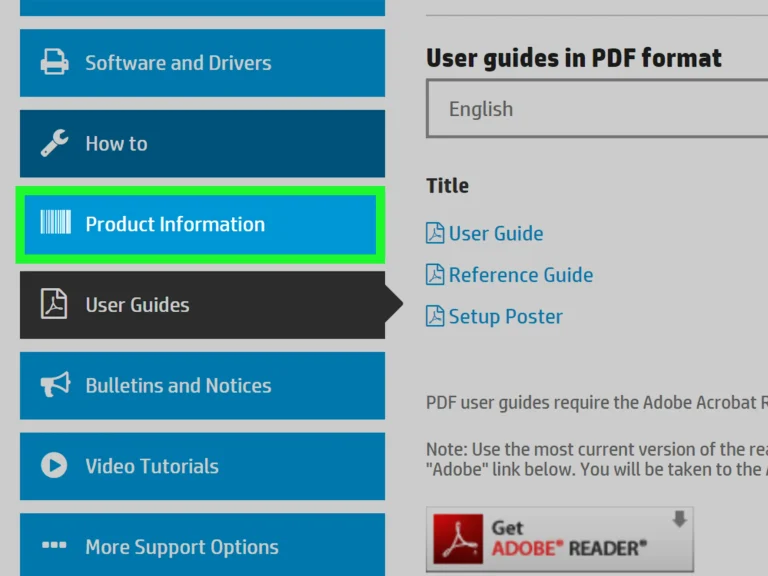DTF supplies brands have transformed how shops approach garment decorating with smarter, more reliable ecosystems. From a strong DTF transfer film foundation to advanced ink systems, these brands influence color accuracy and durability across a broad range of fabrics. The assessments compare different film, ink systems, and adhesives to help you decide which options align with your shop goals. Knowing the printer setup and the supply chain helps prevent surprises during production, while a careful review can surface long-term value. This guide highlights the key advantages and trade-offs to help you choose partners that fit your workflow and budget for long-term profitability.
Viewed through the lens of a broader ecosystem, this topic extends beyond single-brand names to how substrates, colorants, and binding agents work together in a print workflow. The focus shifts to film quality, ink chemistry, adhesive performance, and curing dynamics that determine color fidelity, wash durability, and hand feel. By framing the conversation around the broader ecosystem—materials compatibility, process parameters, and supplier support—you can compare options using practical outcomes rather than brand labels. In short, a holistic approach to this category helps you build a reliable pipeline that scales with demand and keeps production smooth.
DTF supplies brands: Building a cohesive ecosystem for consistent results
Choosing DTF supplies brands isn’t just about price; it’s about a cohesive workflow where transfer film, inks, adhesives, and powders are tuned to work together. The transfer film quality influences release, edge integrity, and how cleanly color transfers onto fabrics. Likewise, DTF inks determine color gamut, brightness, and wash-fastness. When film and ink are compatible within a single brand ecosystem, you reduce variables, minimize reprints, and speed up setup.
Within a thorough DTF brand comparison, the most reliable options deliver stable release, predictable curing, and smooth DTF printer compatibility with your hardware. Consider your typical garment mix, fabric blends, and production volume. A comprehensive DTF supplies review helps you weigh durability, color accuracy, and total cost of ownership across the film, ink, adhesives, and powders you rely on every day.
DTF transfer film and inks: Optimizing Material Pairings for Color, Durability, and Print Life
Optimizing material pairings starts with hands-on testing of DTF transfer film and inks to gauge color fidelity and wash durability. Evaluate transfer film thickness, edge integrity, and release behavior, then pair it with DTF inks that maximize color density and smooth gradients on your fabric types. When you align film and inks, you reduce color drift and improve repeatability across batches, which is at the heart of a strong DTF supplies review.
Beyond film and ink, ensure the brand ecosystem you choose covers adhesives and powders that harmonize with the chosen film and ink. A thoughtful DTF brand comparison should address how inks interact with the film’s surface, how the adhesive cures, and how the final hand feel holds up after washing. Also consider DTF printer compatibility and regional availability to avoid interruptions in production.
Frequently Asked Questions
What factors should I consider in a DTF brand comparison when choosing DTF transfer film and inks?
To compare DTF supplies brands, start with DTF transfer film quality (thickness, release, and consistency) and how well their DTF inks render color and wash-fastness. Look for a cohesive ecosystem—film, inks, adhesives, and powders tested to work together—since compatibility reduces reprints and surprises in production. Check printer compatibility to ensure your specific model is supported, and review DTF supplies review resources to gauge real-world performance and total cost of ownership. A small pilot run with a couple of brands helps verify color accuracy, hand feel, and process reliability before committing.
How should a small shop evaluate DTF supplies brands for durability and cost?
Prioritize durability and color stability across fabrics: choose a brand with reliable film quality, strong color density in its DTF inks, and a stable adhesive/powder system. Use DTF brand comparison and DTF supplies review sources to understand real-world performance and total cost, including waste and reprints. Confirm printer compatibility and region-wide availability for consistent support. Start with a controlled pilot order to compare output on your typical garments, perform wash tests, and assess hand feel before scaling.
| Topic | |
|---|---|
| Overview | DTF printing has surged in popularity because it can deliver vibrant, durable designs across many fabrics. The result depends not only on the printer and ink but on the entire ecosystem of DTF supplies brands you choose. This guide focuses on how film, inks, adhesives, powders, and consumables interact to determine color accuracy, durability, and efficiency. |
| Key components |
|
| Brand Alpha (Representative Leader) | Pros: Film quality and reliable release; even lay-down reduces banding; inks offer strong color gamut and wash-fastness; fewer print head clogs and smoother curing when used with their adhesives and powders. Cons: Higher price; can be demanding for beginners due to setup needs. Why it matters: For shops requiring consistent, repeatable results with tight control over quality. |
| Brand Beta | Pros: Good cost-to-performance balance; forgiving film release, suitable for newcomers and high-mix/low-volume runs; inks give solid color density; compatible with various adhesives for decent durability. Cons: Film may be less robust under heavy loads or repeated washes; color gamut may be narrower than premium brands. Why it matters: Practical for small-to-mid-volume production with reasonable cost and reliable results. |
| Brand Gamma | Pros: Excellent durability and color fastness; inks work across a broad range of films; prints hold up to routine washing; strong film thickness and adhesive compatibility. Cons: More calibration required (temperature, dwell time, pressure); longer lead times for larger orders; regional distribution may be limited. Why it matters: Great for long-lasting apparel and items requiring durability and color stability. |
| Brand Delta | Pros: Fast curing and smooth hand feel; beginner-friendly adhesives and powders; quick project turnaround. Cons: Color vibrancy may be less punchy than premium brands; consistency can vary on long runs without strict workflow standardization; availability can vary by region. Why it matters: Ideal for quick-turn, low-risk experiments and small campaigns with fast setup. |
| DTF brand comparison, buying tips |
|
| Choosing the right DTF supplies brands for your needs |
|
| What I recommend for different needs |
|

